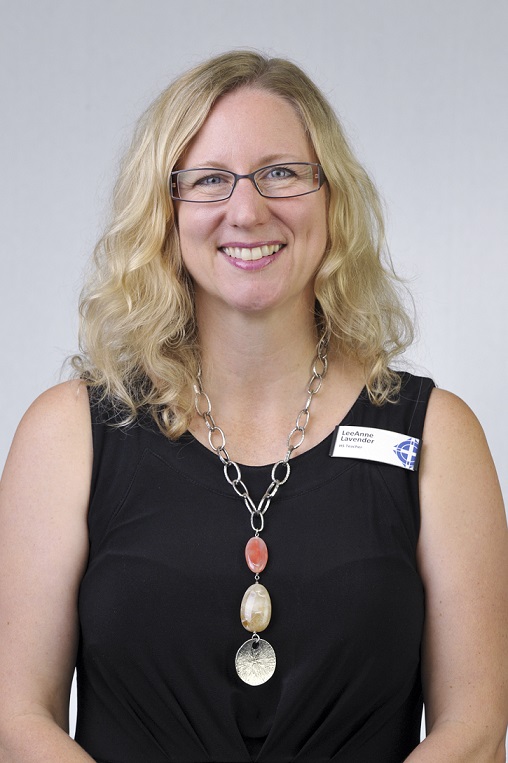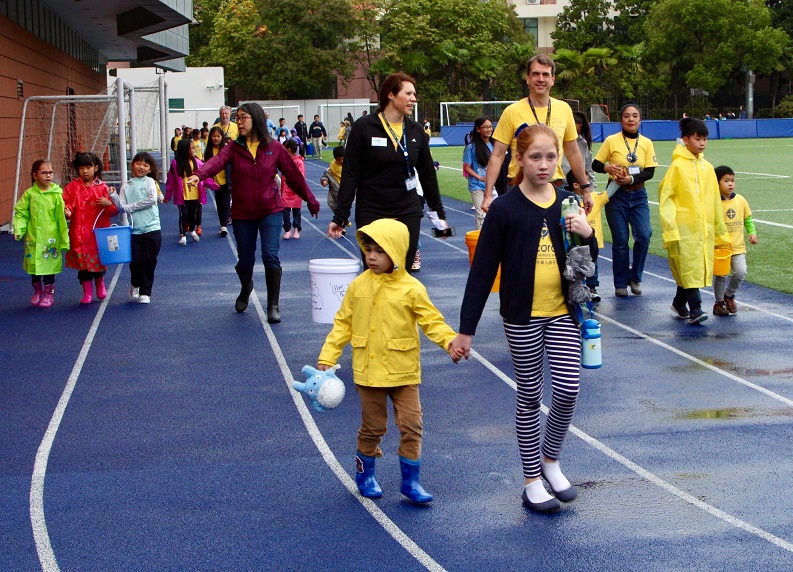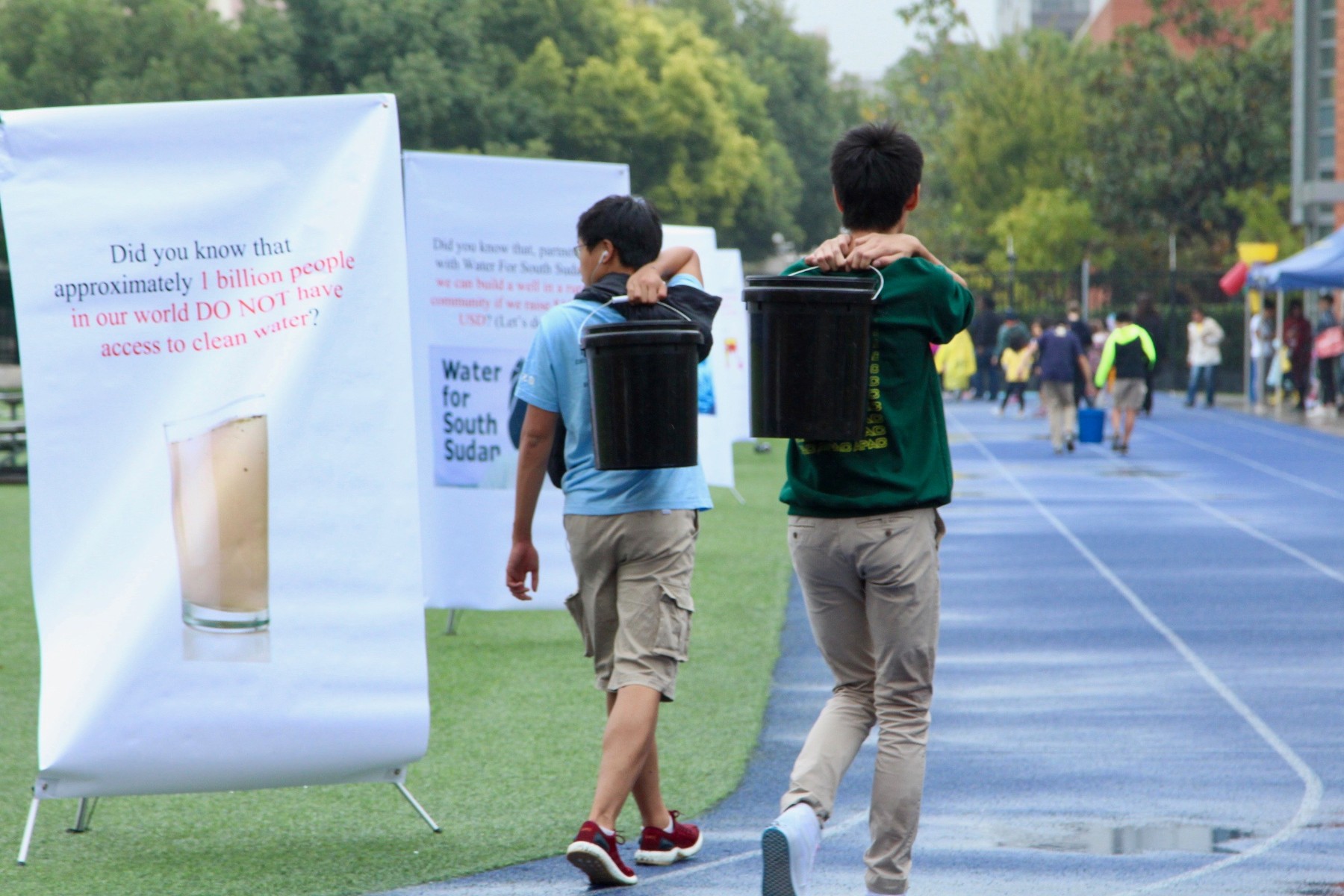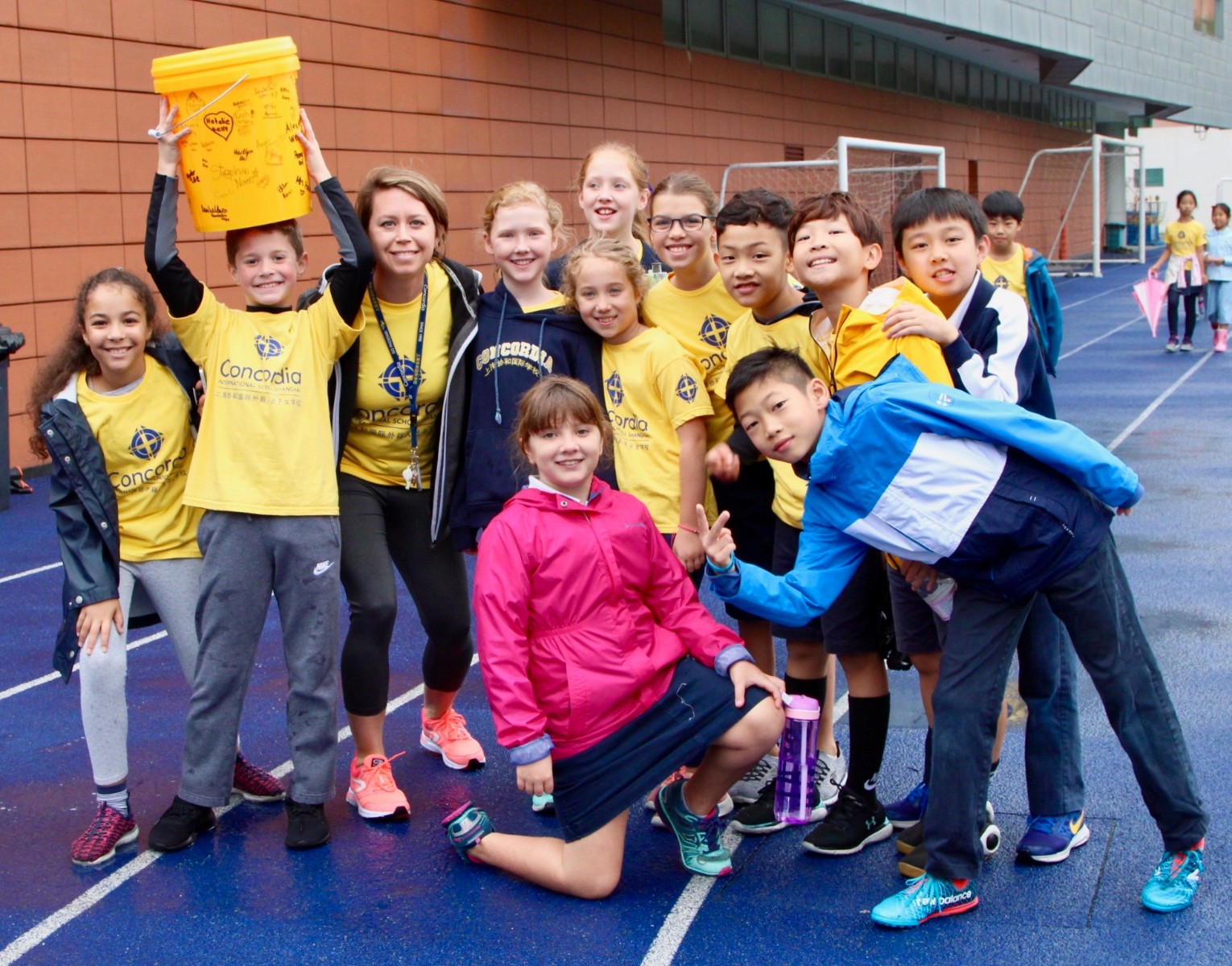As 2018 comes to a close, we sat down with five Shanghai teachers to talk about the year ahead and delve into an element of their college program. They tell us about developments for 2019 and how they encourage all students to embrace the opportunities that will prepare them for the world after graduation.
This week, we talk with LeeAnne Lavender, who is a teacher and service learning coach at Concordia International School Shanghai.
What is Concordia's approach to contributing to the community at large?
 Service is an essential element of Concordia's mission statement and core values. As a school, we intentionally look for ways to extend our education across disciplines and divisions through service learning that engages students of all ages and the community at large. Our service learning projects are carried out within a cycle that includes investigation and research, leading to preparation on to action and involves thoughtful reflection by students throughout the process.
Service is an essential element of Concordia's mission statement and core values. As a school, we intentionally look for ways to extend our education across disciplines and divisions through service learning that engages students of all ages and the community at large. Our service learning projects are carried out within a cycle that includes investigation and research, leading to preparation on to action and involves thoughtful reflection by students throughout the process.
How does Concordia plan its annual social responsibility strategy for students and what will be your priorities in 2019?
The school leverages the work of authors and service learning experts like Cathryn Berger Kaye, using books and consultations to help us weave in service-learning opportunities throughout the grade levels as it matches with our established curriculum. Additionally, in courses such as Global Development Studies, an applied learning class offered in high school, students explore service projects inspired by the Sustainable Development Goals created by the United Nations.
One of our most recent service-learning projects focused on clean water, and how almost one billion people in the world do not have access to this vital resource. Moving into next year, we will continue to focus on clean water access as well as various other development projects.
Students will work on developing a sustainable, long-term partnership with the Concordia Welfare and Education Foundation and its work with water and sanitation in rural Yunnan province.

Can you tell me how you see your community services program as a central aspect of student development for our modern world?
We see service learning as an educational tool for accomplishing our Expected Student Learning Results (ESLRs), helping students become insightful learners, principle-centered leaders and active global citizens. Service learning exposes students to authentic opportunities to understand and address the needs of others and the world around them.

How do you instill in your students a sense of empathy towards the organizations you choose to partner with?
As students learn more about issues that plague our world, they are asked to consider the lives and situations of others. Through the reflection process, which encourages thoughtful discussions with their peers, students look for ways to offer support or raise awareness about local or global issues.
During our recent units of study about access to clean water, students learned that women and girls in sub-Saharan Africa walk an average of six kilometers each day to obtain water. Students were stirred to action and organized a Community Water Walk.

For eight hours, over 1,300 participants walked in shifts, carrying buckets of water around the Concordia track to raise awareness and support for those burdened by a scarcity of clean water. After completing a portion of this distance, participants were amazed and expressed a deep empathy for their global brothers and sisters who must complete this arduous task every day.
As a cohesive, school-wide service learning experience, this project was a powerful way to engage students in an investigation of water access, and we're excited about how they will continue to respond to what they have learned.
[All images via Concordia International School Shanghai]
LeeAnne Lavender is a teacher and service learning coach at Concordia Shanghai. LeeAnne also advises Concordia's Global Issues Network club. She believes deeply in the capacity of every person to be a changemaker and to have a positive impact on our local and global communities.


















